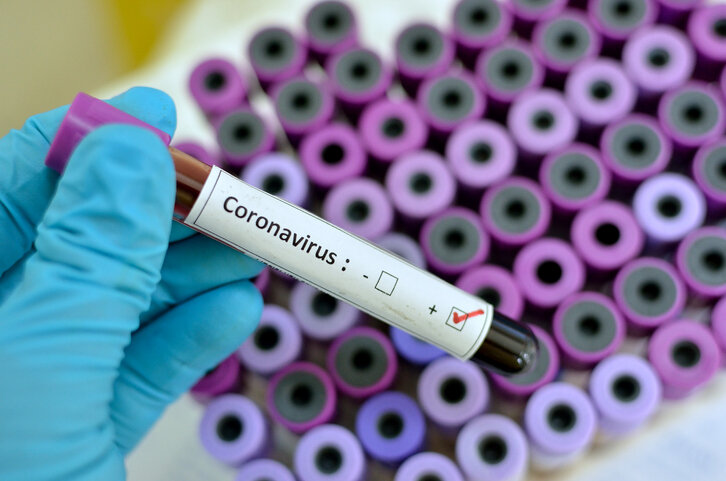No cases of coronavirus reported in Iran: health official

TEHRAN – No cases of coronavirus infection or even suspected cases have so far been reported in the country, Hossein Erfani, head of contagious diseases care department at the Ministry of Health, has announced.
An outbreak of the disease is spreading around the world after originating at a seafood market in the central Chinese city of Wuhan; which killed 56 people and infected 1,975 people in China, while 2,057 cases so far reported in the world.
Reacting to claims saying that there are cases suspected to coronavirus in the country, Erfani highlighted that the claims are rumors and there have been no suspected cases of the virus so far, IRNA reported.
The ministry’s screening team is stationed at Imam Khomeini Airport and all travelers coming from China are carefully monitored and diagnosed, he said, explaining, if anyone has a fever or has suspected symptoms will be referred to the hospital for more detailed examinations and tests.
Kianoush Jahanpour, head of the Ministry of Health's public relations department, also announced that any kind of food carried by passengers from China and Southeast Asian countries into Iran is prohibited.
According to the World Health Organization, coronaviruses (CoV) are a large family of viruses that cause illness ranging from the common cold to more severe diseases such as Middle East Respiratory Syndrome (MERS-CoV) and Severe Acute Respiratory Syndrome (SARS-CoV). A novel coronavirus (nCoV) is a new strain that has not been previously identified in humans.
Coronaviruses are zoonotic, meaning they are transmitted between animals and people. Detailed investigations found that SARS-CoV was transmitted from civet cats to humans and MERS-CoV from dromedary camels to humans. Several known coronaviruses are circulating in animals that have not yet infected humans.
Common signs of infection include respiratory symptoms, fever, cough, shortness of breath and breathing difficulties. In more severe cases, infection can cause pneumonia, severe acute respiratory syndrome, kidney failure, and even death.
Standard recommendations to prevent infection spread include regular hand washing, covering mouth and nose when coughing and sneezing, thoroughly cooking meat and eggs. Avoid close contact with anyone showing symptoms of respiratory illness such as coughing and sneezing.
FB/MG
